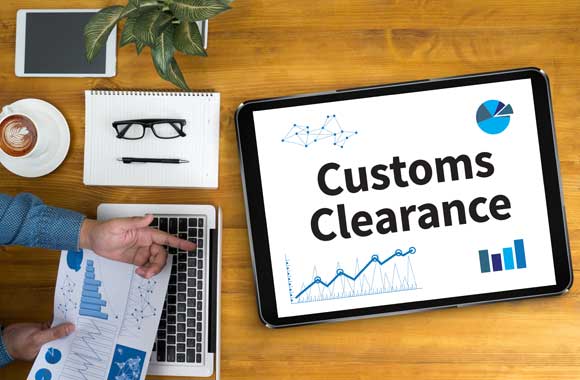Cefla s.c. has recently obtained the status of Authorized Economic Operator for Customs (AEO-C).
AEO-C certification is required under the European Union Customs Code and is a part of measures to increase the effectiveness and coordination of international commercial traffic controls.
This certification, which confirms our reliability and compliance with various criteria regarding customs obligations, accounting systems and financial solvency, allows us to obtain customs simplifications and to undergo fewer physical and document-based controls. We can also enjoy priority treatment in the case of controls and request that inspections are conducted in a place of our choosing.
To qualify for AEO-C status, Cefla underwent a time of preparation, with a special team appointed to coordinate and standardize existing practices. Integration procedures were drafted and presented to all Business Units in order to adapt to the precise customs standards we are required to meet. These include Export Control procedures (Dual Use and Embargoes), which were explained on several occasions during 2018. Following this phase, seven audits were conducted by Customs inspectors, both at our headquarters in Imola and in one of our branches in Verona, in the latter months of 2018. The entire process was concluded on December 12 last year with the signing of the report in which the officials recommended granting AEO-C authorization with an AA level of competence (the highest).
“This process has had significant impact in terms of organization,” commented Cristiano Ercolani, Cefla Export Compliance Officer, “due to the number of meetings for outreach and training activities and the commitment and new responsibilities shouldered by various resources. Together with these commitments, there was also immediate added value in terms of a wider diffusion of specific know-how, greater awareness and more careful monitoring of the risks associated with customs operations and of compliance and advance planning, which are real levers of competitiveness in foreign trade.”
Today more than ever, the instability of the international context should lead companies to consider the advantage of developing a keener internal interest in export compliance issues in terms of direct knowledge of the rules, and to use them as tools for planning and simplification of distribution flows. The AEO is an important innovation in this regard, in an international scenario complicated by new US policies, protective and distortional tariffs and the difficulties that Brexit will create in the mindset of the European Union.



